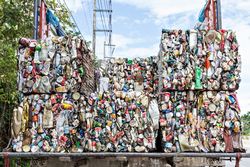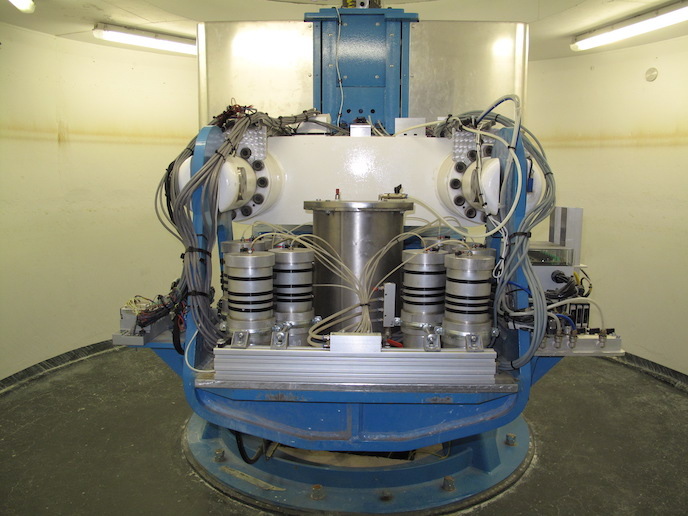Eco-friendly aluminium salt cake recycling
Processing of recycled aluminium generates by-products such as dross and salt cake. Typically, salt cake contains aluminium nitrides and oxides, metals and salts (mainly potassium chloride (KCl) and sodium chloride (NaCl)). This by-product has to be cooled in-house to reach a safe temperature for transportation to salt recycling facilities. In Europe, only a few aluminium salt cake recycling facilities exist, raising the cost of transportation. The EU-funded project ALUSALT(opens in new window) (Efficient aluminium salt cake recycling technology) aimed to develop an innovative system that is smaller than existing recyclers to allow recycling of salt cake at the aluminium recycling plant. To this end, the project partners worked on a flue gas transfer system that takes heat and pressure of the flue gas from the rotary furnace. These are then used to evaporate the water by using a single-stage forced-circulation evaporator. In this process, all available energy that is lost during the aluminium recycling process is reused, eliminating the need for additional energy for salt cake recycling. Multiphysics models for flue gas injection from the rotary furnace in the evaporator and gas combustion in the combined heat and power system played a central role in project work. The ALUSALT team devoted significant effort to determining and testing the suitability of the evaporation technology for the process for drying brine containing NaCl and KCl. The ALUSALT technology proved suitable for in situ recycling of salt cakes at the aluminium recycling plant, reducing recycling costs more than 75 % compared to existing technologies. Importantly, the new system will enable small aluminium recycling companies as well as new entrepreneurs to enter the salt cake recycling market.







